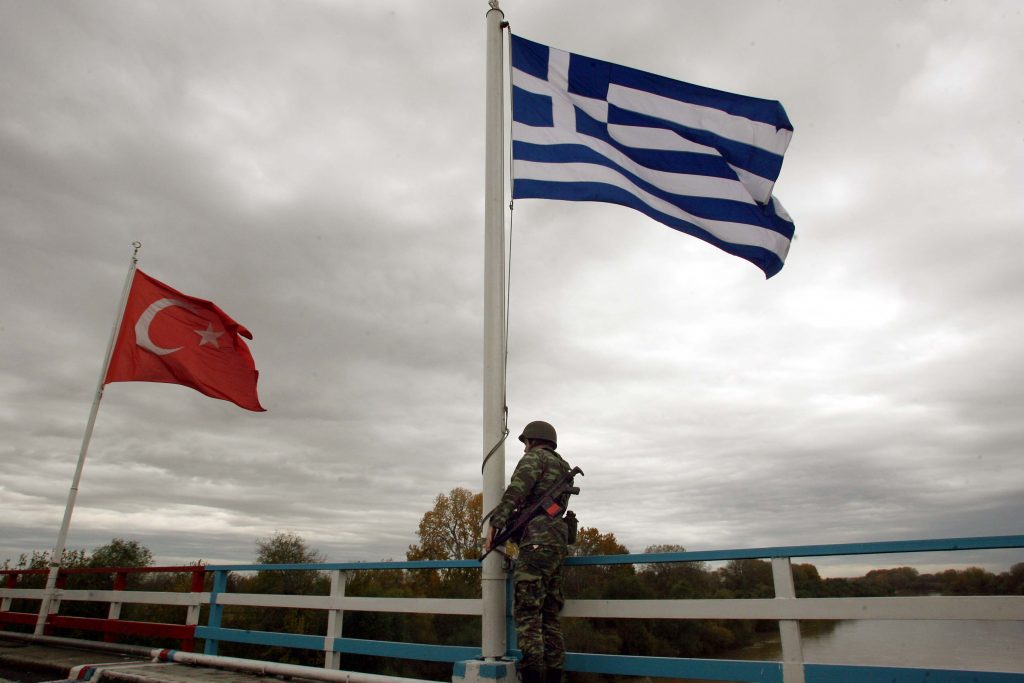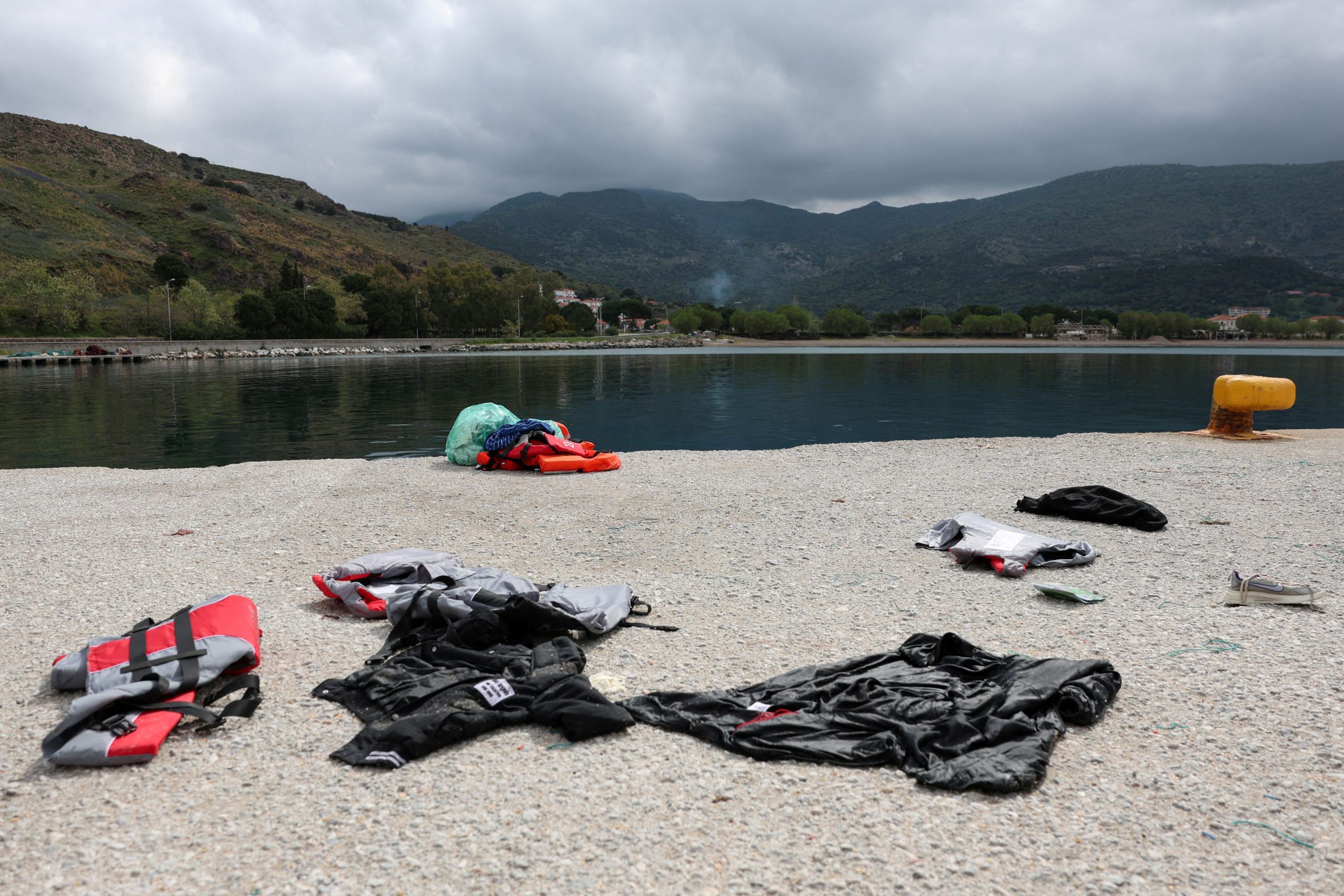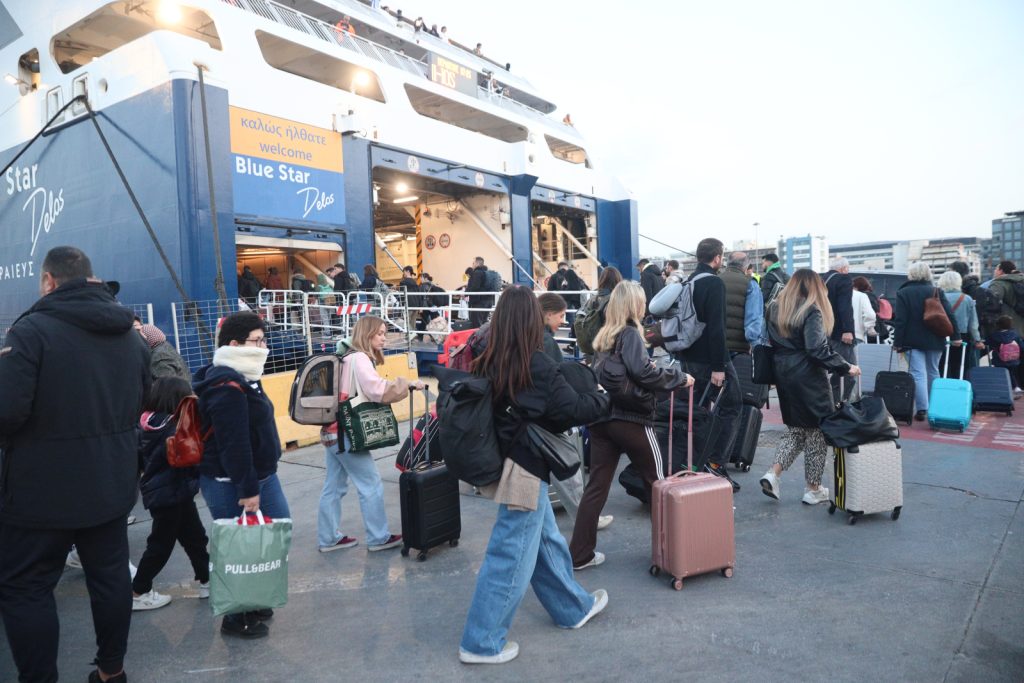Greece may lose European Union funding from Frontex as the EU’s border agency investigates 12 open cases of potential human rights violations involving Greek migration authorities—the highest number of such investigations for any EU country, according to Politico.
Most cases involve alleged illegal “pushbacks”—the forced removal of migrants at sea or land borders without due process, a practice prohibited under the U.N. Refugee Convention and international law.
Frontex spokesperson Chris Borowski told Politico the agency expects Greece to implement recommendations stemming from these investigations, or risk losing funding, including funding for co-financed assets such as Greek coast guard vessels.
Greece has consistently denied it engages in the practice of pushbacks.
However the European Court of Human Rights ruled in January 2025 that Greek authorities systematically conducted illegal pushbacks, violating European human rights law.
Pushbacks along the Greek border have also been documented by the Council of Europe, the United Nations Special Rapporteur, the BBC, the New York Times, and by dozens of human rights watchdogs. In November a report from the Greek Council for Refugees found that Greece is systematically conducting illegal pushbacks of migrants at its borders under a “regime of impunity.” The EU has also called on Greece to investigate reports of migrants being abandoned at sea.
Meanwhile, despite the pressure they are exerting now, Frontex’s own role in such practices has come under scrutiny. A 2022 joint investigation by Lighthouse Reports, The Guardian, Der Spiegel, SRF Rundschau, Republik, and Le Monde revealed that Frontex’s internal incident database labeled suspected pushbacks as “prevention of departure.” At least 22 cases involved migrants being removed from dinghies and placed in Greek life rafts before being left adrift at sea.
Following these revelations, Frontex’s then-director Fabrice Leggeri resigned.
A separate report by the EU’s anti-fraud body OLAF found senior Frontex staff guilty of covering up illegal pushbacks and failing to investigate reported violations.
Prime Minister Kyriakos Mitsotakis affirmed as recently as March that Greece’s migration strategy is centered around reducing unauthorized migration, welcoming news of reduced arrivals.







